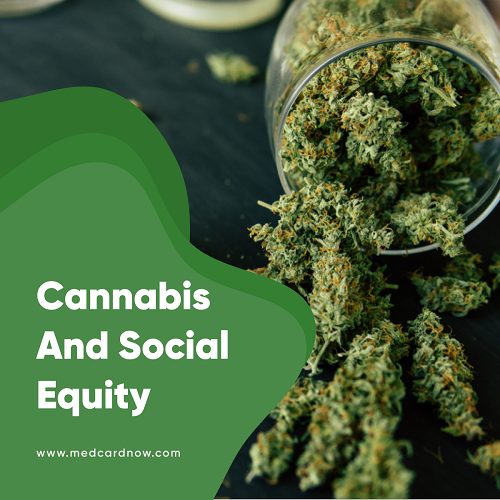
In recent years cannabis has become a commercial product due to its value. After years of stigma, cannabis is now gaining traction among lawmakers. Cannabis and social equity are necessary because people of color need to benefit from its opportunities. The Cannabis industry shouldn’t discriminate, and everyone needs to gain from the industry.
However, when it comes to commercially produce, sell, and profit from cannabis, it’s a different story. White business owners are the only ones with privileges to run cannabis businesses. Some recent figures show white ownership staggering 99% industry wide.
Cannabis foundations go beyond race, color, or creed. But in the US multi-billion-dollar cannabis industry, your chances of entering the cannabis industry lie on your skin color.
But how do you practice social equity in the cannabis industry?
Why the cannabis industry needs social equity programs
The war on drugs and its prohibition of cannabis did not go well for people of color. Many black people are still suffering the effects of the war on drugs era.
While people of color and whites have the same rights, the police have a history of discriminating. Black and Latino communities heavily face criminalization due to cannabis.
Whites don’t get attention from the police when consuming cannabis in contrast to blacks. The white man’s record will remain clean despite consuming cannabis. Meanwhile, people of color face criminalization in high numbers for consuming cannabis.
Social equity promotes equality for everyone to be part of the legal cannabis industry. Social equity is against racial profiling, disproportionate imprisonment, and institutional racism.
In 2021, we still see the cannabis industry amongst rich white men. Social equity programs are the solution for people of color to enter the cannabis industry. Social equity will also promote greater diversity.
Are social equity programs working?
The rising legalization of cannabis is a good thing for social equity. California shows an example by legalizing medical marijuana in 1996. In 2012 Colorado beat the record by legalizing recreational cannabis.
Between 2012 and 2016, other eight states including Washington DC have legal cannabis. All legal cannabis states have social equity programs but are they working?
Where racial diversity is high, there are efforts to enforce social equity programs. For instance, it is easy to get cannabis licensing procedures in Illinois.
Nonetheless, their social equity must begin with police reform.
The solution for cannabis and social equity
As cannabis continues to gain legality, there is a need for equality. However, social equity will lie in the hands of lawmakers. People of color need to make their voices clear.
Outreach to communities of color must increase. Black and Latino communities are suffering severely from the dark legacy of the war on drugs. Therefore, reaching out to Black and Latino communities about social equity programs is a necessity.
Social equity programs need to stand to for police reform. The police unfairly abuse Black and Latino neighborhoods due to their color. There is a need for police reform, criminal record expungement to encourage social equity.



